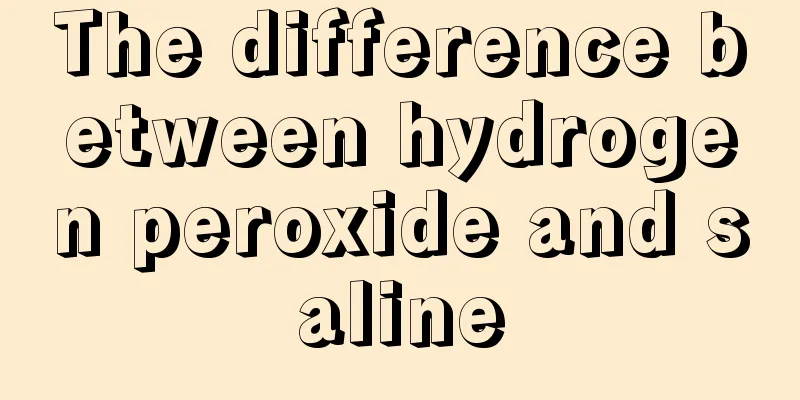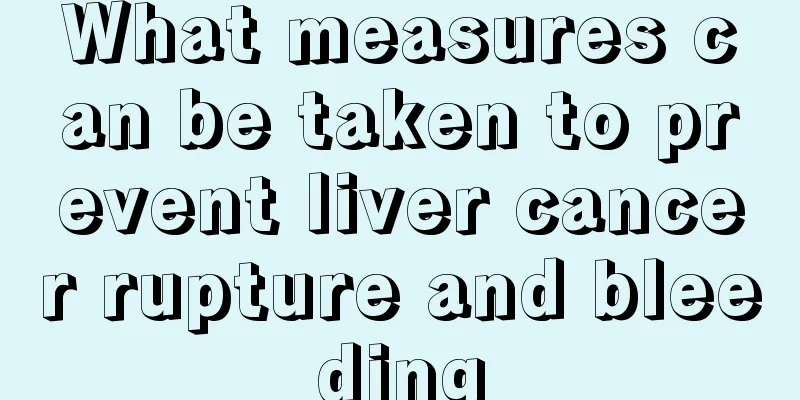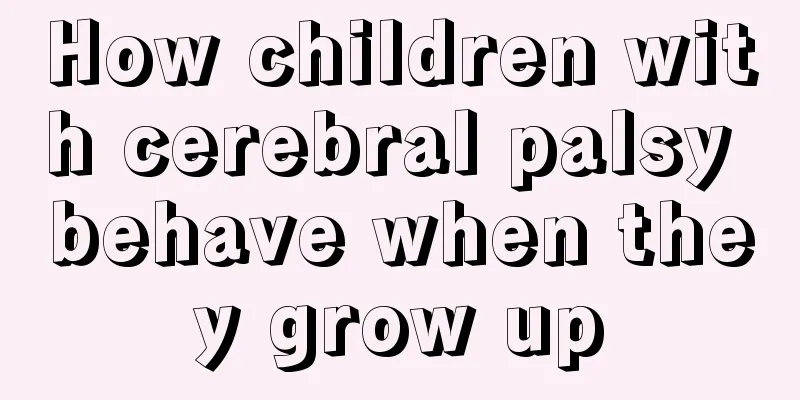What is the reason for a fast pulse

|
Many people are very troubled by the diseases they have, so they pay great attention to the signs of some diseases. Many people believe that a rapid pulse is a sign of some diseases, but some people do not know what causes this situation, nor do they know whether it is a sign of disease. So, what is the reason for a rapid pulse? First, what is the reason for a rapid pulse? The causes of a rapid heart rate are mostly functional, and can also be seen in organic heart disease and extracardiac factors. Its production is mainly related to sympathetic nerve excitement and decreased vagal nerve tone. People of different ages have different heart rates. The younger the age, the faster the heart rate. If the heart rate exceeds the normal range, it is called a tachycardia. Parents generally know that a normal person's heart rate will increase after exercise or physical labor. The same is true for children, especially when they are frightened or crying. ) Physiological fast heart rate: Physiological fast heart rate is very common. Many factors can affect the heart rate, such as changes in body position, physical activity, food digestion, emotional anxiety, pregnancy, excitement, fear, excitement, drinking, smoking, drinking tea, etc., which can increase the heart rate. Age is also a factor; children tend to have faster heart rates. Drug-induced rapid heart rate: such as sympathomimetic drugs such as ephedrine and adrenaline. Parasympathetic blocking drugs such as atropine, caffeine, thyroxine, amphetamine, etc. can cause a rapid heart rate. Pathological tachycardia: Systemic diseases such as high fever, anemia, hypoxia, infection, hyperthyroidism, pain, acute rheumatic fever, beriberi and neurosis can cause tachycardia. The normal heart rate is 60-100. Pay attention to your daily health care, have a regular routine, keep warm, exercise moderately, and avoid overeating and overdrinking. Second, eat fruits, vegetables, lean meat, soy products, etc., avoid greasy, raw, cold, salty and spicy foods, and avoid tobacco and alcohol. People of different ages have different heart rates. The younger the age, the faster the heart rate. If the heart rate exceeds the normal range, it is called a tachycardia. The accelerated heart rate caused by illness is most common when you have a fever. For every 1°C increase in body temperature, the heart rate can increase by 10 to 15 beats per minute. Therefore, diseases that can cause fever will often result in an accelerated heart rate, but typhoid patients are an exception. The pulse of typhoid patients is relatively slow, which is called a relatively slow pulse. This is an important characteristic of typhoid. Pneumonia, asthma and other diseases affect heart function. When heart failure occurs, there will be symptoms such as rapid heart rate, rapid enlargement of the liver, rapid breathing, and blue lips. In children with severe anemia, the heart rate will also increase to meet the body's need for blood supply. What is the reason for a rapid pulse? A rapid heart rate may also occur when taking drugs such as atropine and epinephrine. Diseases of the heart itself, such as myocarditis, pericarditis, etc., can also increase the heart rate. A fast heart rate will generally return to normal as external factors are eliminated and the disease improves (such as fever subsiding, anemia improving, and heart function returning to normal). When taking medications that can affect your heart rate, be aware of your heart rate. If your heart rate continues to be too fast, you should consult a doctor. The normal pulse rate of an adult at rest is 60-100 beats per minute, which may vary with factors such as age, gender, labor and mood. Generally, women speed up faster than men, young children speed up faster than adults, and the elderly speed up slower. It may speed up temporarily during exercise or emotional excitement, and slow down during rest and sleep. An adult's pulse rate of more than 100 beats per minute is called a tachycardia. On the contrary, a pulse less than 60 beats per minute is called a bradycardia. You can lie in bed, feel your pulse, and count for one minute to see how it goes. Don't get too nervous when counting. Young man, it should be fine. If your heart rate is 114 beats per minute when you are at rest, it is a fast heart rate, also called a tachycardia. An increased heart rate is just a symptom, not a disease. It has many causes, such as anemia, infection, fever, hyperthyroidism, etc. |
<<: Is getting more sleep good for your skin?
>>: What are the dangers of sleeping with makeup on
Recommend
Gallbladder wall edema
Anger and emotional instability are direct factor...
Several foods that glioma patients need to eat regularly
At present, there is still a lack of effective ra...
Can I use saline solution to apply to my face if I have allergies?
The skin on the face is a high-risk area for alle...
How to peel a play gourd
Many people like gourds and even pay high prices ...
What tests should be done for testicular cancer
Testicular cancer is a disease that occurs in the...
Lung cancer susceptibility gene, how to avoid this genetic disease
Patients with lung cancer susceptibility genes ca...
How many months of pregnancy should I use a belly support belt
Pregnancy will cause many inconveniences to a wom...
What are the treatments for rotavirus diarrhea
Diarrhea caused by rotavirus is often more troubl...
What are the complications of lymphoma
In recent years, lymphoma has become one of the m...
Physical fatigue
Feeling very tired and weak is also a clinical sy...
What is the difference between parsley and celery
Parsley and celery are both relatively common veg...
How to remove tooth stains?
Every time I see Korean Oppa, I can't help bu...
How to treat heel spurs
We may have all seen cases of bone spurs on the h...
What will happen if you wash your hair with water boiled with Polygonum multiflorum?
Washing hair is a very common hair cleaning behav...
Is it good to drink milk after lunch?
I believe that everyone of us has drunk milk. In ...









